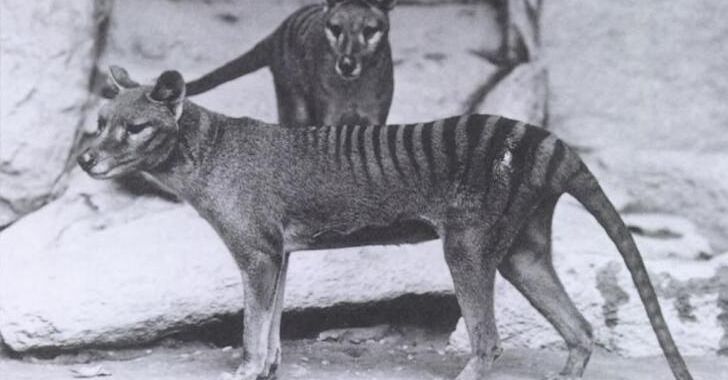
Thanks to gene editing technology, key differences can be edited into the genome of an elephant stem cell, essentially "mammothifying" the elephant cells.
At the plan's inception, we had not created elephant stem cells, nor done gene editing at even a fraction of the scale required.
Given these challenges it may not be a coincidence that Lamm said Colossal had been looking for a second species to de-extinct.As with Colossal's mammoth plans, TIGRR intends to obtain thylacine genomes, identify key differences between that genome and related lineages (mostly quolls), and then edit those differences into marsupial stem cells, which would then be used for IVF.It, too, faces some significant hurdles, in that nobody has made marsupial stem cells yet, nor has anyone cloned a marsupial—two things that have at least been done in placental mammals (though not pachyderms).
But Pask and Lamm pointed out a number of ways that the thylacine is a far more tractable system than a mammoth.The marsupial embryos are also so small at birth that the foster mothers can be considerably smaller than a thylacine; Pask said his group plans to work with a fat-tailed dunnart, which is roughly the size of a small rat.
That means a lot more genome editing needs to be done to dunnart cells to get them to a thylacine-like state.
That's one of the reasons that Pask was excited about the opportunity to team up with Colossal, which is working to develop methods for high-throughput genome editing.